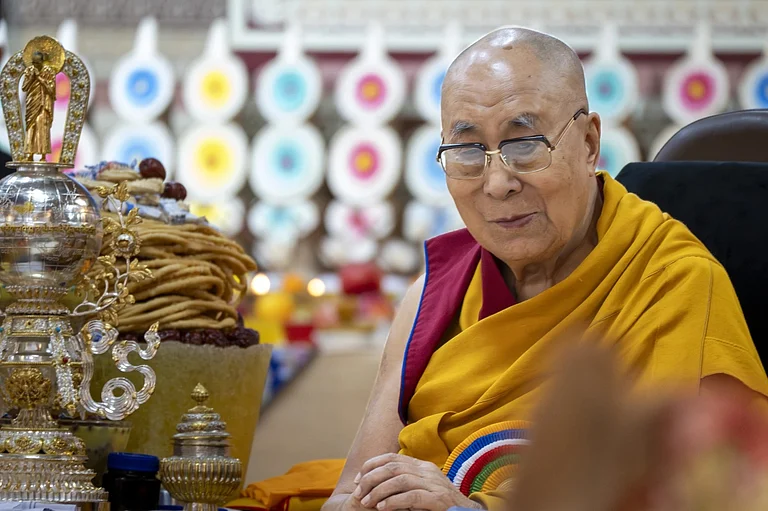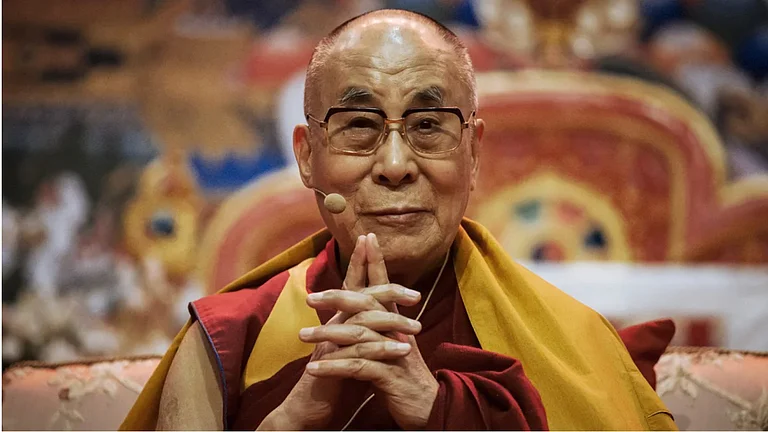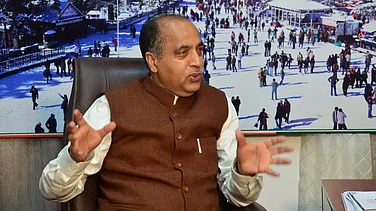Just days ahead of Indian External Affairs Minister S. Jaishankar’s visit to China, Beijing has reignited tensions over Tibet, warning that issues such as the Dalai Lama’s reincarnation remain a major obstacle in bilateral ties.
Jaishankar’s upcoming trip marks his first to China since the 2020 Galwan Valley clashes, which triggered the lowest point in India-China relations in six decades. The visit is seen as a step toward easing the prolonged military standoff along the Line of Actual Control (LAC) in Ladakh, where both sides have been engaged in a cautious diplomatic and military disengagement process.
However, on Sunday, Chinese officials issued strong statements on Tibet, accusing India of meddling in what they term China's internal affairs. The latest row was sparked by the Dalai Lama’s recent comments regarding his succession. Speaking ahead of his 90th birthday on July 9, the Tibetan spiritual leader said only a trust founded by him has the authority to recognise his reincarnation — a move endorsed by Indian Union Minister Kiren Rijiju, who attended the birthday celebration in Dharamshala.
China swiftly condemned the remarks. Embassy spokesperson Yu Jing took to social media to criticise strategic experts and former officials in India for making what she described as "improper remarks" on the Dalai Lama’s succession. She warned that Tibet-related issues — which China refers to using the term "Xizang" — are “a thorn in China-India relations” and have become “a burden for India.”
“Playing the ‘Xizang card’ will definitely end up shooting oneself in the foot,” Yu said, reiterating Beijing’s longstanding position that the reincarnation process must be approved by the Chinese government and is not open to foreign influence.
Chinese Ambassador Xu Feihong echoed the hardline stance, stating that the Dalai Lama continues to pursue “anti-China separatist activities” and that no external interference in religious affairs will be tolerated.
The sharp rhetoric from Beijing comes at a sensitive time, as both countries attempt to repair ties that were deeply strained following the 2020 border violence. While Jaishankar’s visit is aimed at stabilising the relationship, the renewed focus on Tibet underscores the deep mistrust that continues to plague the bilateral dynamic.
Observers say the Tibet issue, particularly the succession of the Dalai Lama, is likely to remain a flashpoint between the two Asian powers despite efforts to de-escalate tensions on other fronts.


















.png?w=200&auto=format%2Ccompress&fit=max)







